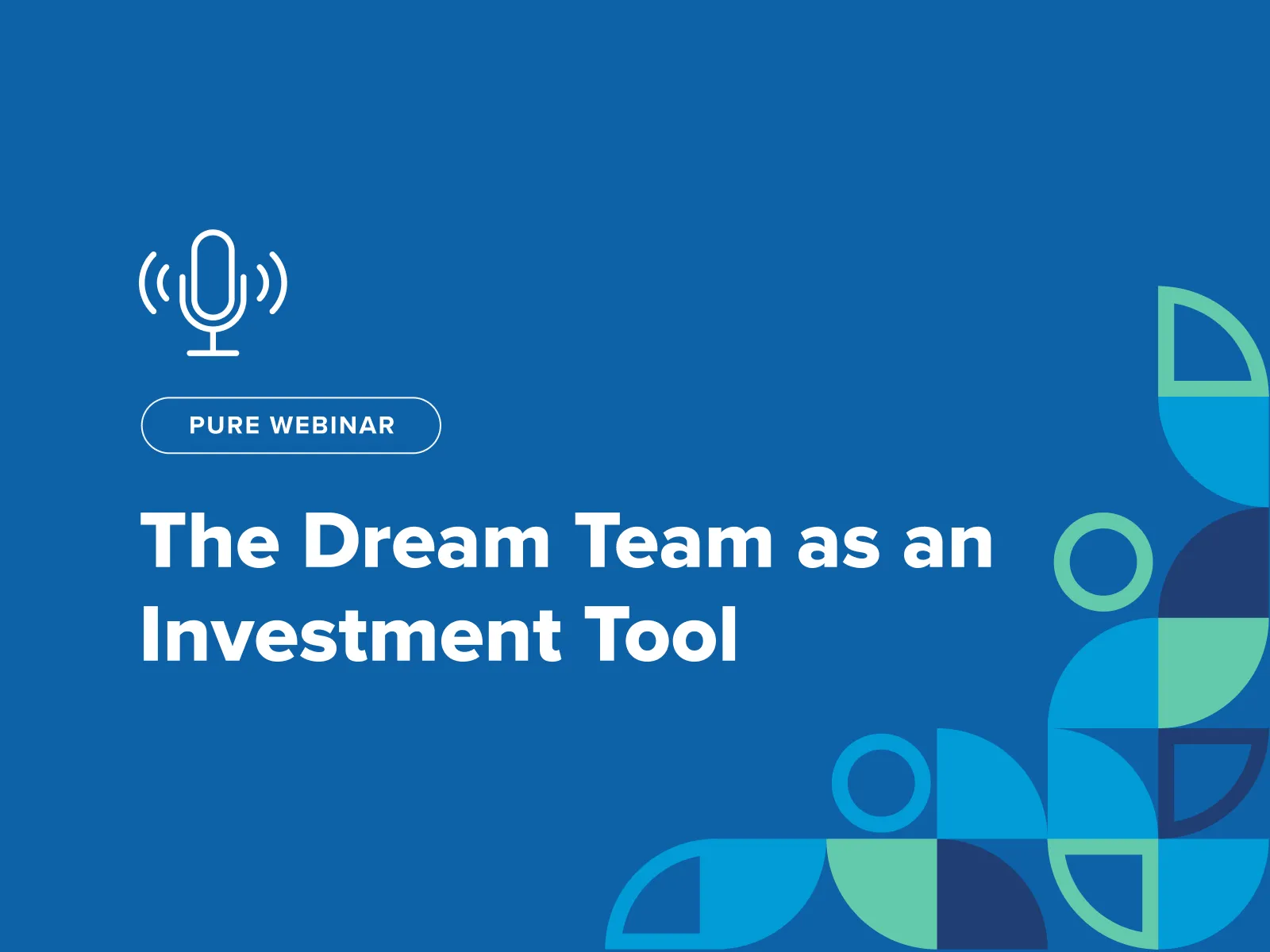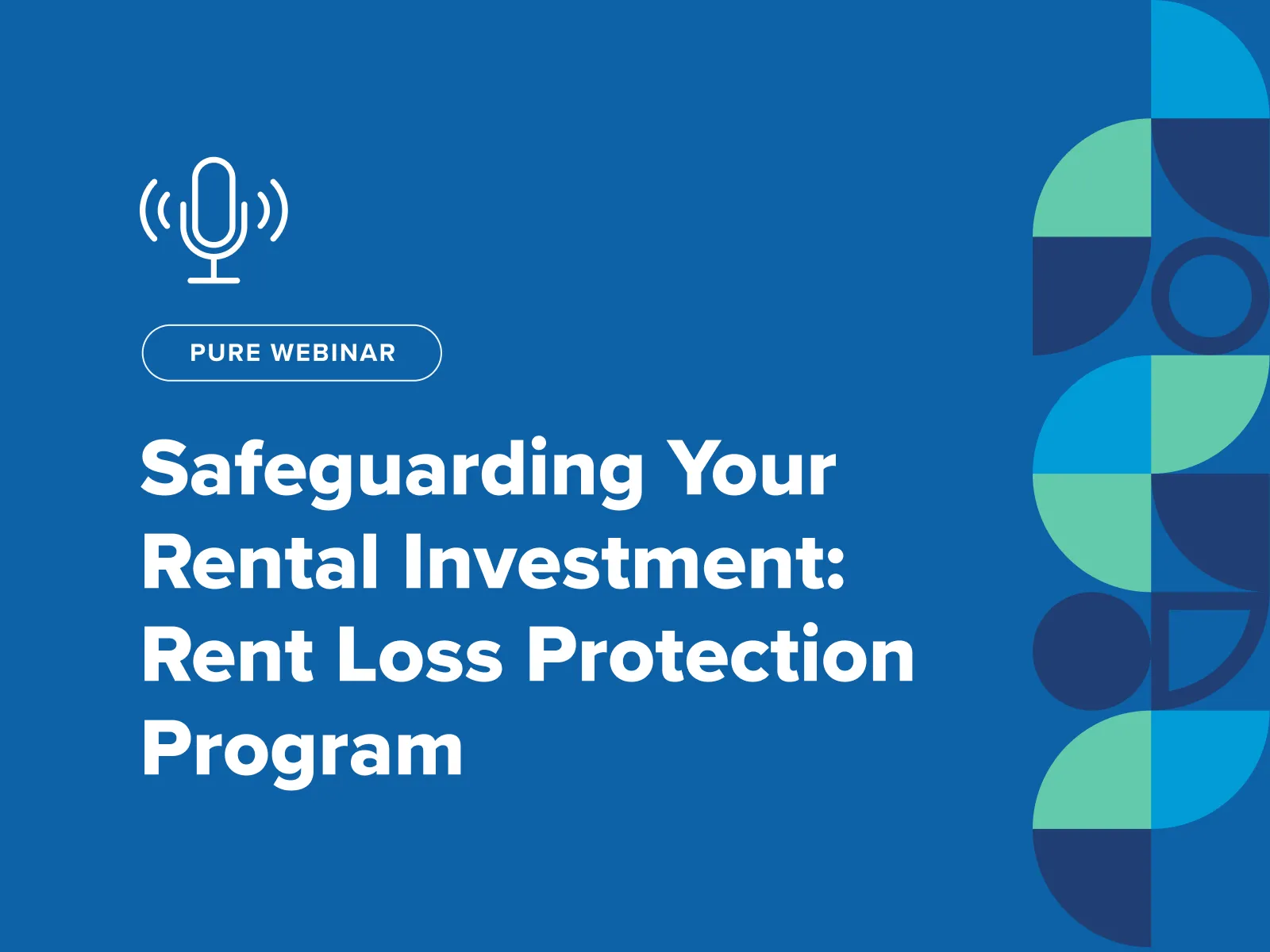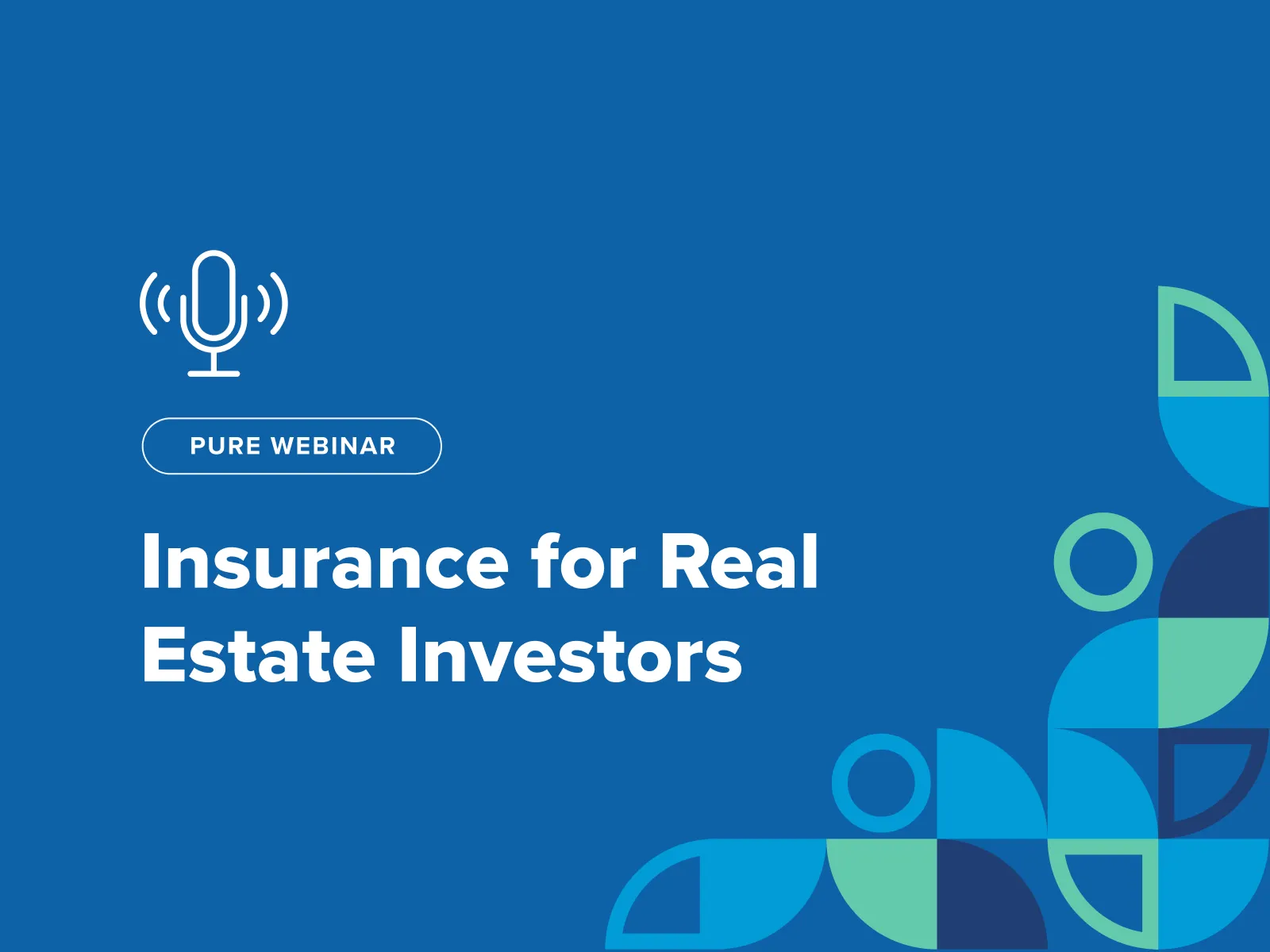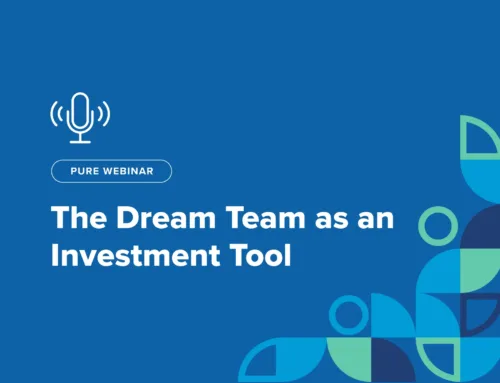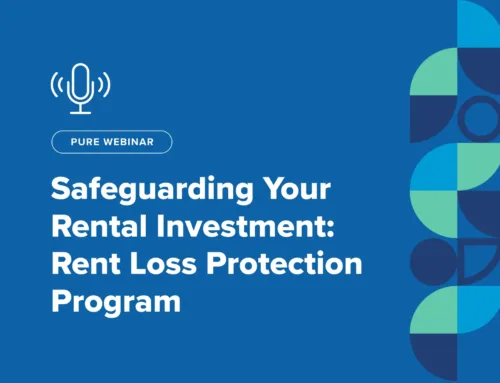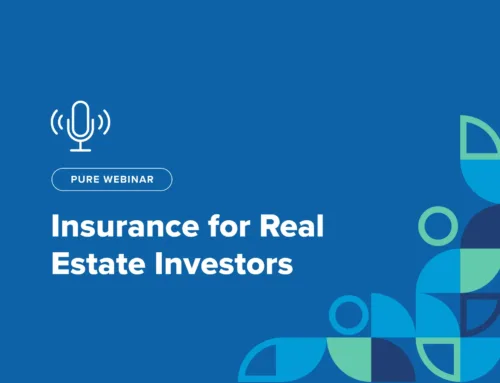This article is derived from a recent PURE Property Management webinar featuring industry experts Jock McNeill and Bill Neville, Business Development Manager at The Entrust Group. Together, they demystified transforming retirement funds into dynamic real estate investments. As Jock introduced the session with the compelling call to action, “Creative real estate investing using your IRA,” the discussion unfolded with practical insights and strategic advice designed to empower sophisticated investors.
Defining the Self-Directed IRA
A self-directed IRA is not a distinct type of retirement account; it is a service model that broadens your investment horizons well beyond conventional custodians’ traditional stocks, bonds, and mutual funds.
Whether you hold a traditional, Roth, SEP, SIMPLE IRA or an individual 401(k), a self-directed IRA enables investments in diverse asset classes— from real estate and private equity to precious metals and digital currencies.
As explained during the webinar, “It’s not a type of account. It’s a description of the service that we provide.” This distinction highlights that while the underlying account structure remains standard, the array of available investment options is considerably expanded.
The Strategic Advantages of Real Estate Investments
Real estate is one of the most tangible and lucrative investment vehicles available. Utilizing a self-directed IRA for real estate not only diversifies your portfolio but also leverages dormant assets in powerful ways:
- Enhanced Portfolio Diversification: Integrating real estate into your retirement strategy can offset the volatility associated with traditional market investments.
- Optimized Asset Utilization: Investors often underestimate the potential of idle retirement funds. Redirecting these funds into rental properties, commercial real estate, or even farmland can unlock significant value.
- Tax-Efficient Growth: An IRA’s tax-sheltered structure enables investments to grow either tax-deferred (in traditional IRAs) or tax-free (in Roth IRAs), subject to IRS regulations.
Bill Neville underscored this opportunity by noting the substantial $11 trillion in IRA assets nationwide, much of which remains unutilized in traditional investments.
Navigating IRS Regulations: Rules and Prohibited Transactions
While the opportunities are vast, self-directed IRAs are subject to stringent IRS guidelines to preserve their tax-advantaged status. Key regulatory points include:
- Strict Investment Purpose: All assets within an IRA must serve a bona fide investment purpose. As emphasized during the webinar, if your IRA acquires a property, “you can’t use the property for personal use.” This ensures that the asset remains solely an investment.
- Prohibited Transactions: The IRS explicitly disallows transactions involving collectibles (such as art, antiques, or wine), life insurance policies, or investments in S corporations. Additionally, any form of self-dealing—like transferring personal property to your IRA—is forbidden.
- Disqualified Persons: Certain family members (including your spouse, ancestors, and lineal descendants) and advisors are classified as disqualified persons, thereby preventing conflicts of interest. Bill Neville reinforced this by stating, “Your IRA cannot borrow money from a disqualified person.”
Understanding these regulations is critical to ensuring compliance and preserving the tax benefits of your investment.
Investment Strategies for the Sophisticated Investor
The webinar presented several effective strategies for harnessing the power of a self-directed IRA in real estate, including:
Direct Purchase
Utilize available cash within your IRA to acquire property outright. In this scenario, the property title is held under the IRA’s name (e.g., “Entrust Group, FBO [Your Name and Account Number]”), and all income—such as rental payments—and expenses are managed within the IRA framework.
Partnership Investments
Consider combining IRA funds with personal capital or partnering with another IRA to purchase a property. Such partnerships must be structured at the time of purchase; adding personal funds later constitutes a prohibited transaction.
Leveraging Debt Financing with Non-Recourse Loans
Non-recourse loans allow your IRA to finance real estate investments without requiring personal guarantees—the property itself serves as collateral. However, leveraging debt introduces unrelated debt-financed income (UDFI) taxes, so consulting with a tax professional is essential.
LLC Structure and Checkbook Control
For enhanced control, many investors establish a single-member LLC—commonly known as a “checkbook IRA.” In this structure, the IRA owns the LLC, while you serve as the manager, facilitating faster access to funds and direct investment control. Note that this option requires rigorous record-keeping and may incur additional fees.
The Role of Custodians and Professional Guidance
Selecting the right custodian is paramount when navigating the complexities of self-directed IRAs.
Companies like Entrust Group specialize in these accounts, offering dedicated, personalized service that contrasts sharply with the impersonal call centers of traditional custodians. Their expertise ensures smooth paperwork handling, proper facilitation of non-recourse loans, and ongoing compliance with IRS regulations.
An operational highlight from the webinar was the value of engaging professional property management. While you can self-manage a property, a dedicated property manager can help mitigate risks associated with prohibited transactions and streamline handling rental income and expenses.
Essential FAQs for the Informed Investor
Can I use an IRA-owned property for personal use?
No. As underscored during the webinar, any property acquired through an IRA must remain solely an investment. Personal use by disqualified persons is strictly prohibited.
Are 1031 exchanges applicable?
No. 1031 exchanges, which defer capital gains taxes on property sales, do not apply within the IRA framework. All gains and losses are confined to the tax-advantaged status of your retirement account until distribution.
Is there a required holding period for properties?
There is no mandated holding period. Whether you opt for a short-term flip or a long-term rental strategy, the focus must remain on ensuring strict IRS compliance.
What fees should investors anticipate?
Custodians generally charge a new account establishment fee (often waived via promotions), transaction fees for processing investments, and an annual record-keeping fee based on the invested asset’s value. These fees are typically modest compared to traditional fund management costs.
Steps to Build a Robust Investment Portfolio
- Open an Account: Choose a self-directed custodian that aligns with your strategic investment objectives. The online application process is typically efficient and straightforward.
- Fund Your Account: Secure capital through rollovers, direct contributions, or transfers from existing IRAs to ensure sufficient funds for your investment endeavors.
- Submit Investment Instructions: Once funded, provide the necessary documentation—such as purchase contracts or operating agreements—to direct your custodian to execute the investment. All documentation will reflect the IRA as the buyer.
- Assemble Your Expert Team: As one speaker wisely advised, “Put together your dream team.” Engage with tax advisors, real estate professionals, and legal experts to craft a tailored strategy that minimizes risk and ensures regulatory compliance.
Conclusion: Strategize, Educate, and Prosper
Investing in real estate through a self-directed IRA offers a sophisticated avenue to diversify your portfolio and unlock hidden value within your retirement funds. The insights shared by Jock McNeill and Bill Neville provide a robust framework for understanding the opportunities and navigating the regulatory landscape.
With the right strategy, diligent compliance, and a trusted team of professionals, you can transform dormant assets into a thriving, tax-advantaged real estate portfolio.


